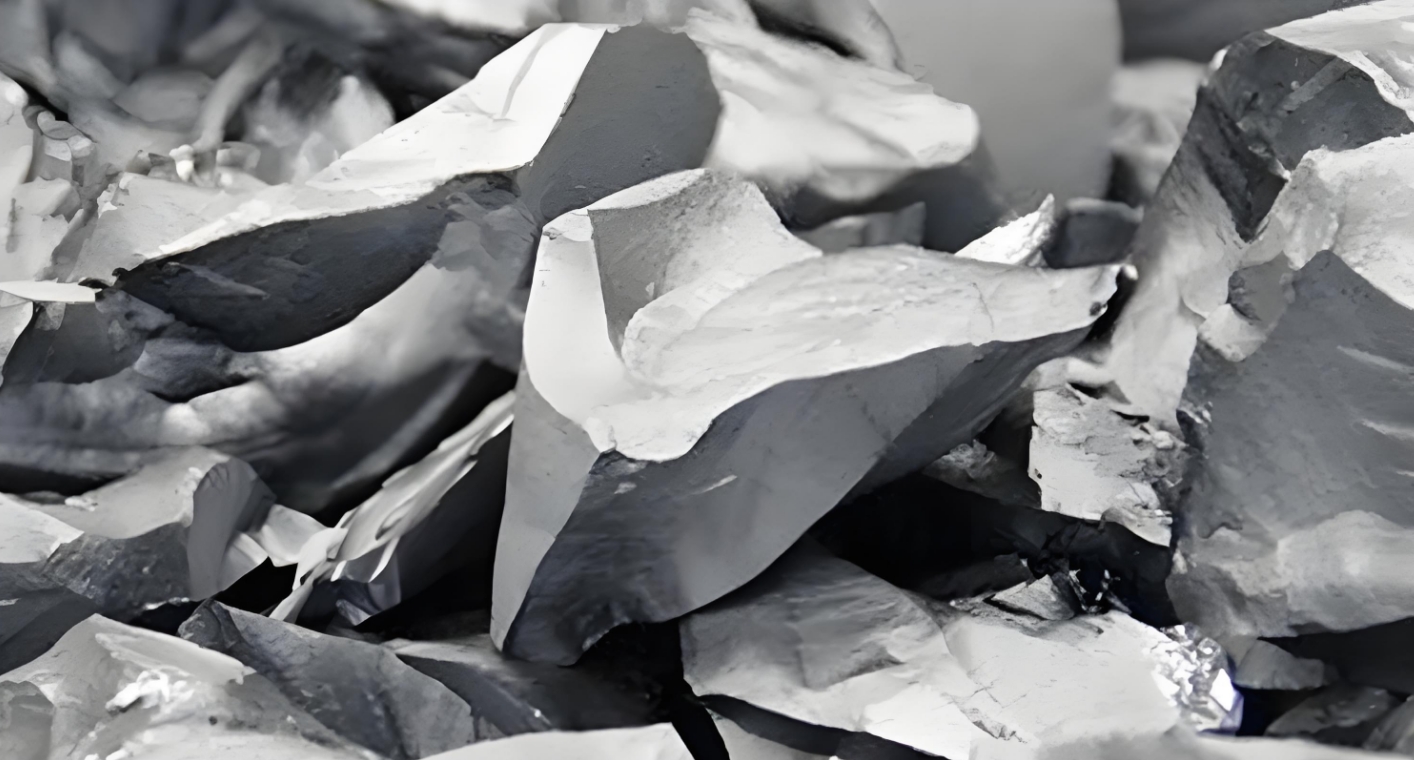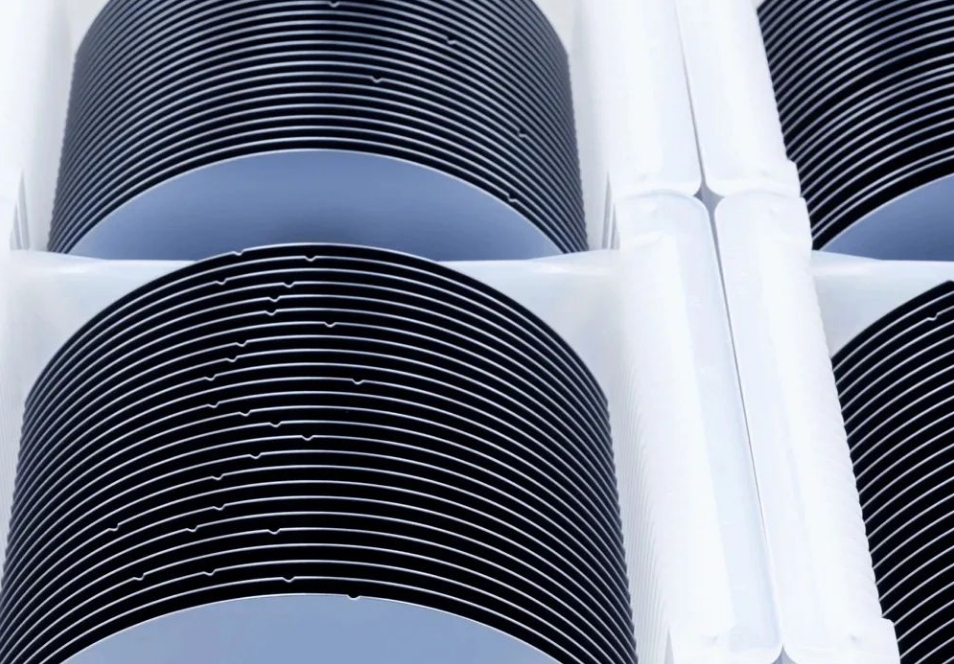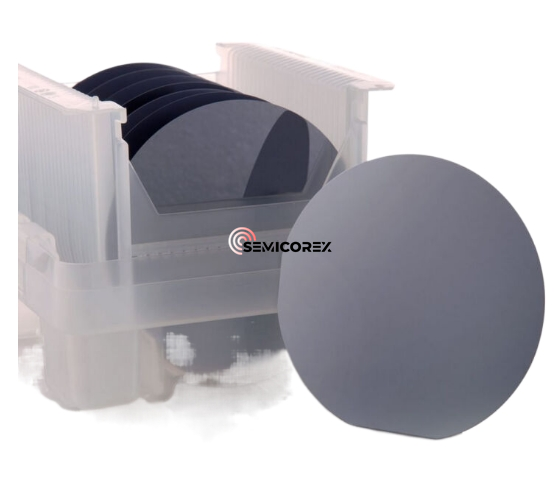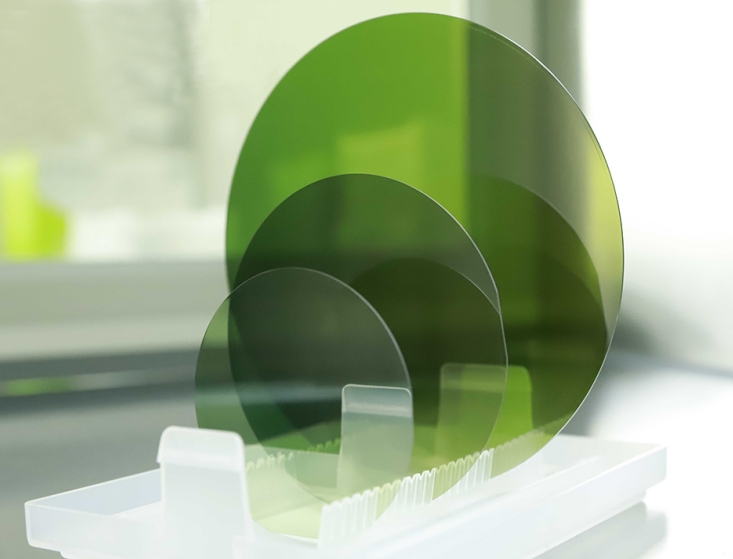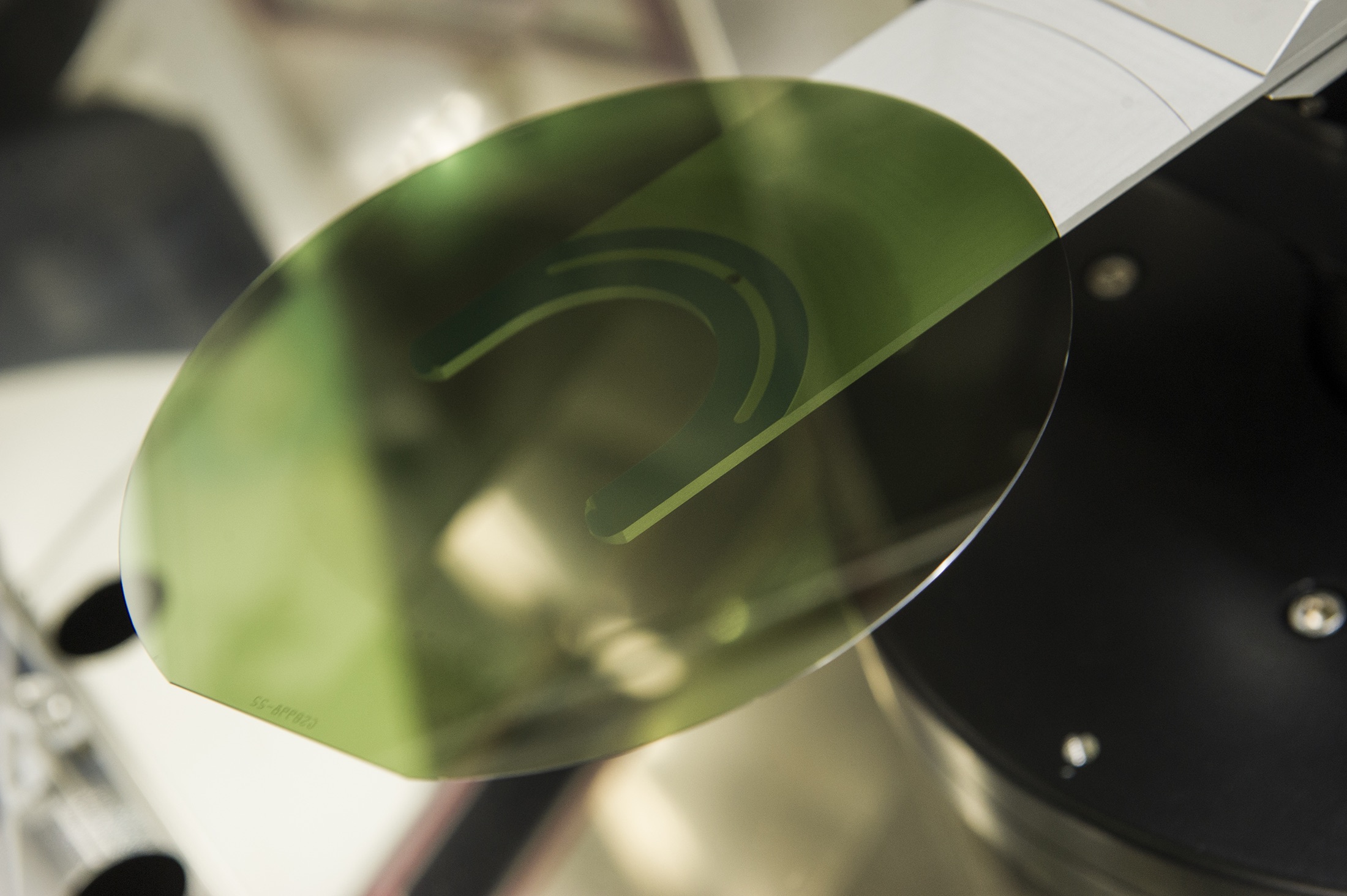
- English
- Español
- Português
- русский
- Français
- 日本語
- Deutsch
- tiếng Việt
- Italiano
- Nederlands
- ภาษาไทย
- Polski
- 한국어
- Svenska
- magyar
- Malay
- বাংলা ভাষার
- Dansk
- Suomi
- हिन्दी
- Pilipino
- Türkçe
- Gaeilge
- العربية
- Indonesia
- Norsk
- تمل
- český
- ελληνικά
- український
- Javanese
- فارسی
- தமிழ்
- తెలుగు
- नेपाली
- Burmese
- български
- ລາວ
- Latine
- Қазақша
- Euskal
- Azərbaycan
- Slovenský jazyk
- Македонски
- Lietuvos
- Eesti Keel
- Română
- Slovenski
- मराठी
- Srpski језик
Industry News
Monocrystalline silicon vs. polycrystalline silicon
Single crystal silicon and polycrystalline silicon each have their own unique advantages and applicable scenarios. Single crystal silicon is suitable for high-performance electronic products and microelectronics due to its excellent electrical and mechanical properties. Polycrystalline silicon, on t......
Read MoreSubstrate and Epitaxy
In the process of wafer preparation, there are two core links: one is the preparation of the substrate, and the other is the implementation of the epitaxial process. The substrate, a wafer carefully made of semiconductor single crystal material, can be directly put into the wafer manufacturing proce......
Read MoreSilicon Wafer
Silicon material is a solid material with certain semiconductor electrical properties and physical stability, and provides substrate support for the subsequent integrated circuit manufacturing process. It is a key material for silicon-based integrated circuits. More than 95% of semiconductor devices......
Read MoreSilicon Carbide Substrate Core Process Flow
Silicon carbide substrate is a compound semiconductor single crystal material composed of two elements, carbon and silicon. It has the characteristics of large bandgap, high thermal conductivity, high critical breakdown field strength, and high electron saturation drift rate.
Read MoreThe Critical Role of SiC Substrates and Crystal Growth in the Semiconductor Industry
Within the silicon carbide (SiC) industry chain, substrate suppliers hold significant leverage, primarily due to value distribution. SiC substrates account for 47% of the total value, followed by epitaxial layers at 23%, while device design and manufacturing constitute the remaining 30%. This invert......
Read More
